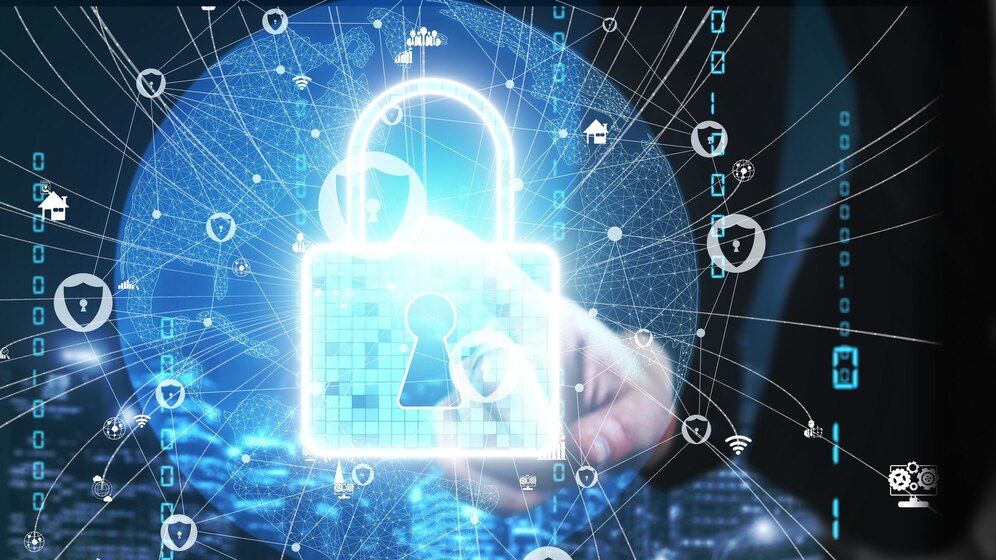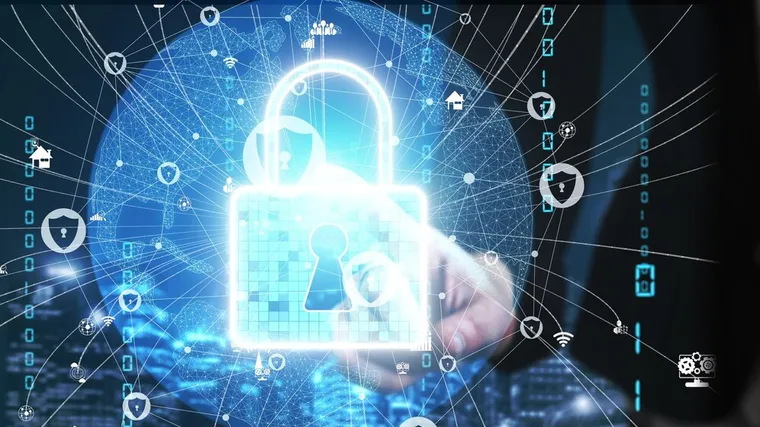
BPO services have expanded beyond manufacturing and customer services to accountancy, human resources, and perhaps even professional services in recent times. There is an increase in the outsourcing of high-value services, as small and medium-sized firms have also started choosing these options due to the availability of low-cost, high-quality technology.
Even while outsourcing to a BPO is becoming more common, many organizations are still concerned about the consequences of doing so. This includes concerns about data and cybersecurity, and how these organizations manage these issues.
That being said, almost every BPO business needs to adhere to data and compliance requirements imposed by organizations like ISO and HIPAA. Even if their employees are working from home, they must ensure that these standards and procedures are imposed appropriately.
The COVID-19 pandemic, which has disrupted businesses throughout the globe, has shown that BPOs are able to continue their operations despite these intrusions. Against the backdrop of the pandemic, this article examines how BPO firms maintain data security and privacy as employees work from home.
Protocols In Everyday Operations
In order to protect their customers’ data, BPO businesses use stringent security procedures in their everyday operations. To safeguard the security of their data, they retain all of their employees in-house. Many companies are making preparations for power outages and data breaches by putting resources into building robust infrastructures with multiple backups.
Moreover, BPOs in India and the Philippines, two of the most popular outsourcing destinations, adhere to international standards by applying for ISO and HIPAA certifications.
COVID-19’s Effect On In-House Work
Most enterprises and in-house employees have been impacted by the worldwide pandemic. Their activities were either halted or their staff moved to remote working as a result of lockdowns in several nations This also had an impact on the outsourcing business.
A number of governments have taken steps to ensure that business as usual may continue. Employees who work from home (WFH) have access to equipment and an internet connection. It’s also important to note that employees who were unable to work from their homes were accommodated in neighboring hotels and motels.
The Impact Of Remote Employment On BPO Security
Since most of the BPO industry’s activities are conducted in-house, a dispersed labor model is relatively rare.
These firms are aware of the hazards that remote working brings to a company’s cybersecurity. An employee’s use of a shared public network may put their client’s confidential information at risk. Those who don’t use a virtual private network (VPN) or robust firewall settings risk having their IP address, location, and personal data exposed to cybercriminals.
Protecting a company’s identity also requires encryption. Hackers may also get their hands on important information and exploit it to conduct fraudulent activities online or in the real world if storages have insufficient encryptions.
Keeping up-to-date on Data Security
To keep their data and procedures safe when working remotely, BPO organizations make use of advanced technology. In these exceptional circumstances, their business continuity strategy needs to include flexible solutions. We’ve mentioned some examples below:
Data security
The use of personal computers or laptops by personnel in creative, programming, and design positions is ideally perfect. Accounting and other essential consumer and company information will not be able to benefit from this solution.
With this, most firms supplied the necessary equipment for their operations. A cloud drive having encrypted security or a desktop’s hard drive are the options for storing their data. Just the employee, as well as their employer, have access to the password-protected storage.
Cybersecurity
When working from home, you run the danger of your equipment not being secure. Personal laptops do not have the proper security measures in place to keep their systems safe from internet threats. Using a shared internet connection, on the other hand, is considerably more dangerous.
The desktops given by the organizations need to be protected by a secure VPN and firewall. A portable broadband connection is provided to workers with sluggish or shared internet connections, allowing them to work more efficiently.
A More Efficient Workflow
BPOs take stringent precautions to simplify their operations even when employees work remotely. When at the workplace, employers have perfected the use of internet tools and services to keep track of their employees’ work in real-time.
Customers may track their complaints and queries through tickets that are created by call centers that utilize a single CRM system for all of their customer service needs.
The deployed teams will be overseen and monitored by the skeleton workforce. Their other duties include ensuring that their workers’ work is up to standard, processing transactions and closing sales agreements, and reporting back to the customer on their progress.
Work Collaboration
There are little to no concerns for deployed teams when it comes to online work collaboration. Slack and Skype, G Suite for paperwork and CRM software for recording and encoding data are just some of the technologies that many workers currently use.
Grow Your BPO Without Data Security Concerns with Accops
At Accops, we can assist BPOs in achieving scalable expansion by providing a complete and cost-effective solution that can securely send high-quality, wire-speed speech and customer data to call center executives working from any location. For more information, contact our experts now.

